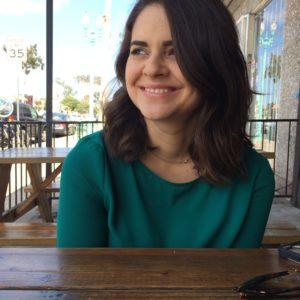I’m a bit of an outlier as far as academics are concerned. I grew up in extreme poverty, raised by my Mexican immigrant grandmother and my single father, a disabled Vietnam veteran. I arrived at UC Berkeley, a wide-eyed first-generation college student, at the same time my brother was dodging bullets in Fallujah.
I entered college with vague aspirations of becoming a doctor, or maybe a lawyer. Unsurprisingly to my fellow Sociologists, I floundered through my first semester, doubting every moment whether I ever deserved to be there in the first place. At some point between staring at sectioned mouse brains in a basement laboratory at the VA hospital in Los Angeles, pondering Dostoyevsky in Hubert Dreyfus’s existential philosophy class, and waking to the power of Sociology through Ann Swidler and Nick Wilson, I decided to change my major to Sociology. Here I found a happy medium between my love of biology and a burgeoning critical perspective forged from the experiences of a first-generation Chicana in a world that wasn’t build with us in mind.
Today, I bring the disciplinary rigor of my social science background to bear on health inequalities research at the intersection of Sociology, History, Biomedical Sciences, and interdisciplinary Science, Technology, and Society (STS). These concerns continue to motivate my research into policies that help remedy the unequal distribution of biomedical innovations around the globe.
When I’m not doing all that, I’m playing with my French bulldog, Peanut (nee Peanut von Barkfarter); my cat, Shale (who is very dumb but loves hugs), my husband, Ian (a Sociologist who studies conservative politics, which goes over very well at parties), and my beautiful, smart, talented, kind, and ferocious daughter, Lucrecia.

